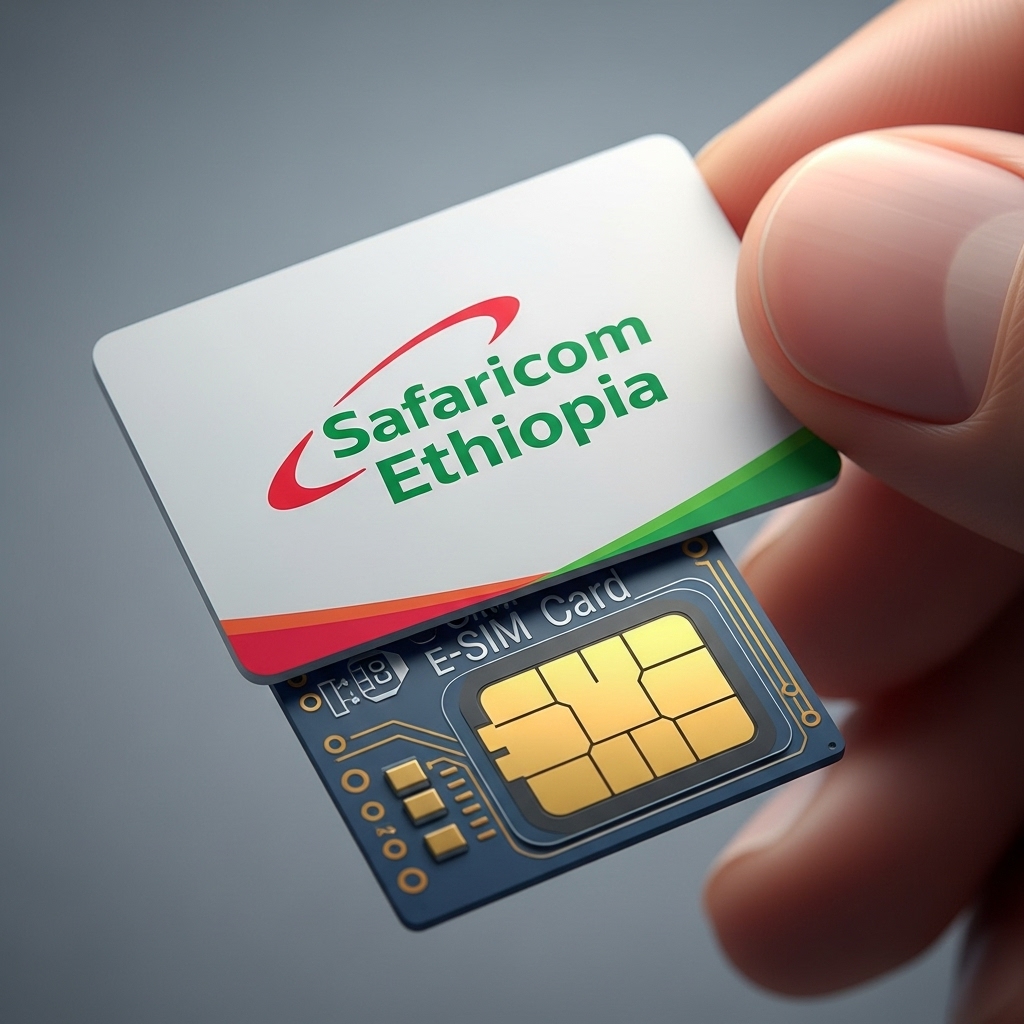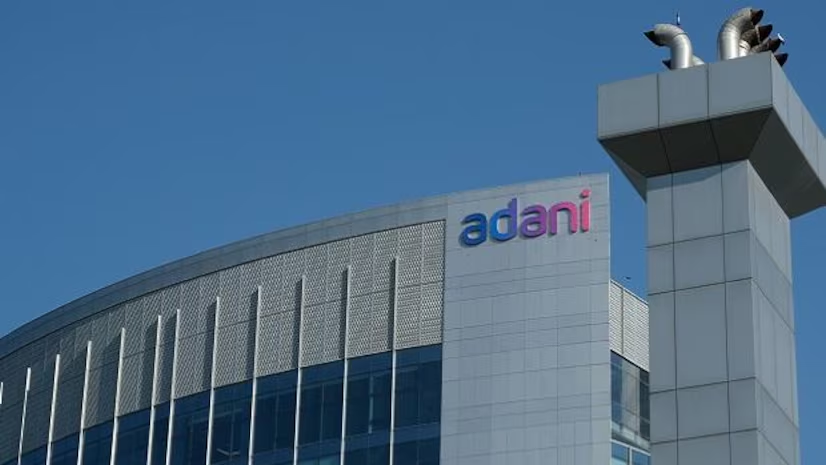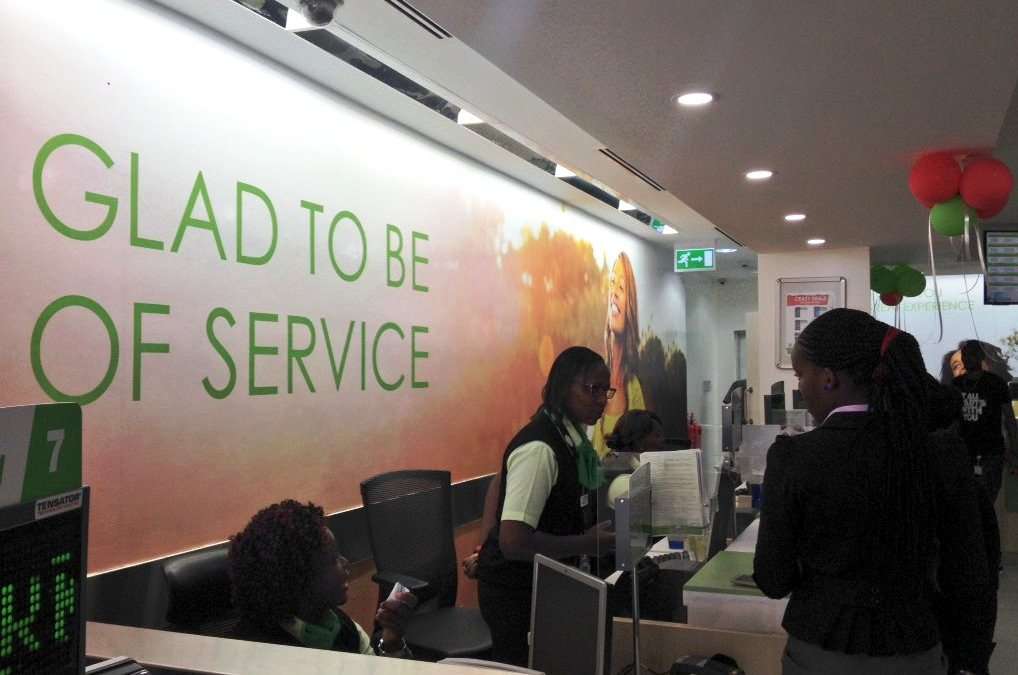According to a recent World Bank report, Safaricom Ethiopia’s FY24 losses amounted to US$325 million, more than six times its annual revenue. “Safaricom’s FY24 revenue (US$53.6 million) does not even cover the annual cost of its licences (US$1 billion over 15 years, including mobile money, or US$66.7 million per year). Thus, this raises concerns about long-term investment sustainability and return on capital,” the Ethiopia Telecom Market Assessment report notes
To unlock the full article:
Choose one of the options below:
- Ksh 10 – This article only
- Ksh 300 – Monthly subscription
- Ksh 2340 – Yearly subscription (10% off)
By The Weekly Vision Business Desk
Despite Safaricom’s entry into Ethiopia and its significant disruption of the market, driving new investments in mobile broadband and increasing competition in service pricing, the company continues to post negative net results.
According to a recent World Bank report, Safaricom Ethiopia’s FY24 losses amounted to US$325 million, more than six times its annual revenue. “Safaricom’s FY24 revenue (US$53.6 million) does not even cover the annual cost of its licences (US$1 billion over 15 years, including mobile money, or US$66.7 million per year). Thus, this raises concerns about long-term investment sustainability and return on capital,” the Ethiopia Telecom Market Assessment report notes.
The report further observes that EthioTel, which had previously operated without direct competition, has expanded its service offerings, reduced data prices by about 70 per cent since 2017, and invested in broadband upgrades and an improved agent network to retain customers. “These market dynamics have resulted in increased broadband adoption, with an additional 18.4 million unique mobile broadband subscribers since 2018, when the reform process began. This represents 17 per cent of the population aged 15 and above joining the digital economy for the first time.
“In terms of financial performance, EthioTel continues to dominate, with total revenue reaching US$696 million in FY2024, compared with Safaricom Ethiopia’s US$53.6 million (a 7.7 per cent revenue market share).”
The report acknowledges that Safaricom Ethiopia’s rapid revenue growth demonstrates its ability to gain market share despite infrastructure challenges. However, it also points out that the introduction of competition has led to a sharp reduction in mobile data prices, making Ethiopia one of the countries with the lowest data prices in Africa, particularly after the currency devaluation.
Data usage remains relatively high, around 2.5 GB per month for EthioTel users and 6.6 GB for Safaricom subscribers. Yet, the average revenue per gigabyte of data is quite low, working out to around US$16 per GB for EthioTel in FY24. For Safaricom, it was US$38 per GB in FY24, falling to US$21 in the first half of FY25 following the devaluation.
EthioTel can sustain these low prices because it cross-subsidises the data market with profits from its dominant voice market. Importantly, EthioTel does not bear the burden of licence fees, which add approximately 28 per cent to Safaricom’s costs.
Additionally, EthioTel benefits from a competitive Internet Protocol (IP) transit price from Djibouti, around US$3.7 per Mbit/s per month, allowing it to maintain low data tariffs. Although a full cost model is not available, the report says existing revenue and cost indicators raise questions about the sustainability of such pricing.
It adds that EthioTel has a very low average revenue per data user, just 32 US cents per month, and charges much lower prices than neighbouring African countries, suggesting minimal profitability, if any.
At the same time, EthioTel’s data market share fell from 98.2 per cent in FY23 to 85.9 per cent in FY24. However, the analysis is significantly influenced by the exchange rate of the Ethiopian birr against the US dollar.
The report further notes that most African operators incur losses on data services in their early years, but EthioTel’s post-devaluation rate of around 16 US cents per GB may be unsustainable. In most African markets, data prices rarely fall below 25 US cents per GB. EthioTel also offers additional discounts for customers purchasing data bundles through its telebirr service, creating a “club effect” that encourages customer loyalty.
At the time of the licence bidding in 2021, the Ethiopian Communications Authority (ECA) had set the national data roaming rate at US$1.9 per GB based on exchange rates then, significantly higher than current levels.
The report identifies three key factors behind EthioTel’s low data tariffs: first, that it has not fully adjusted to the 2024 currency devaluation despite much of its data costs being in US dollars; second, that it holds outstanding foreign-currency loans whose servicing costs have risen since devaluation; and third, that it has not had to pay the US$1 billion licence fee borne by Safaricom.
Finally, the report notes that only about a quarter of EthioTel’s revenue comes from data services, allowing it to sustain low prices by drawing on more profitable business lines.
The report was prepared by Tim Kelly and Baidy Sy of the World Bank’s Digital Development Global Practice, in response to a request by the Ethiopian Communications Authority to conduct an independent assessment of the country’s telecommunications market.
[/full]




